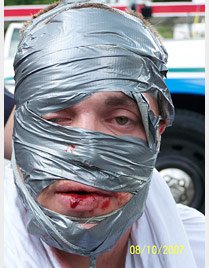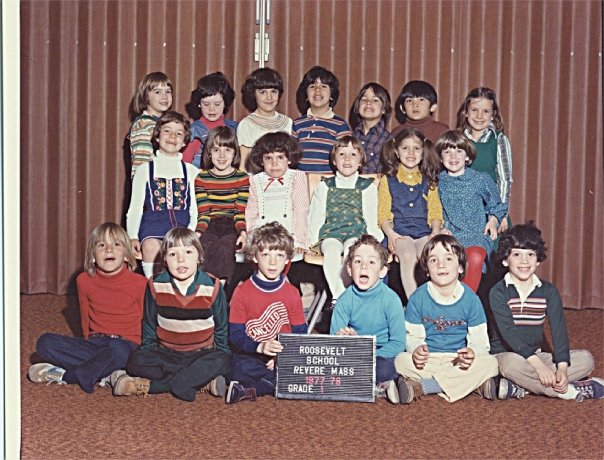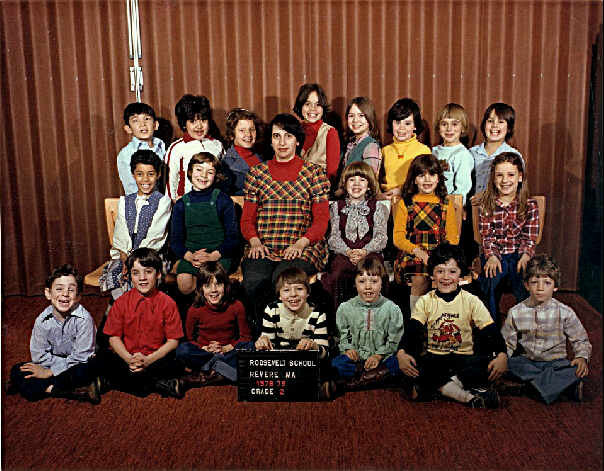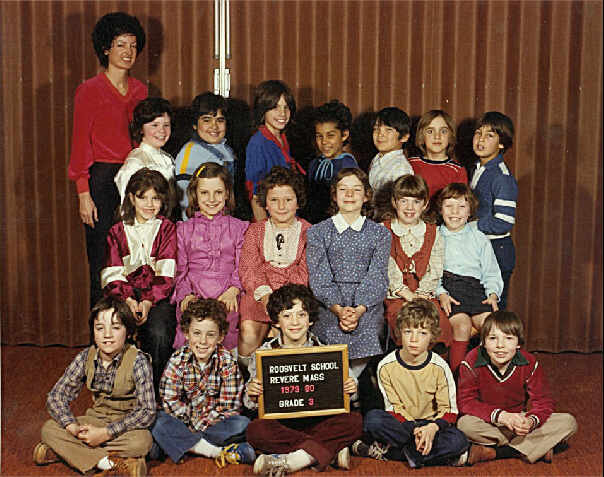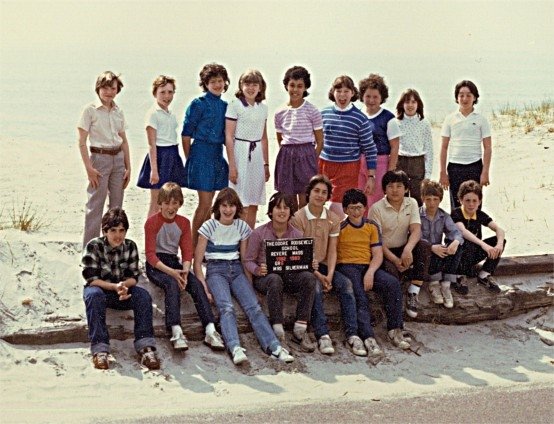I interrupt the usual theme of this blog for a little discussion on writing style and technique. To make things more interesting, my wife, Erin, is coming along for the ride.
Mood music (“You Know You’re Right Write” by Nirvana):
http://youtu.be/QhpdR-vgKVs
It’s appropriate that we do this now, because it’s been a year since I wrote about why writing is so important to my sanity and survival.
Now, Erin and I have our differences like every couple. One is about writing and editing. We’ve decided to do what any good couple should do to iron out differences. We’re going to talk it out. Or, in this case, write it out.
Call it a marital point-counterpoint.
We’ll do this in two parts — or four actually, since we’re each doing two posts apiece. Her take on writing and editing appears today in her blog, “The Writing Resource.” Follow the link I just gave you to see what she has to say, then read the rest of mine. Or vice versa.
The technician and the bull in a writing shop
We have enormous respect for each others’ writing and editing abilities. But on certain matters, we just don’t see eye to eye.
Example:
I’m looking over the draft of the blog post Erin has written for this project. I like what I see, except for one thing, which I share:
“My blog title is in all caps: THE OCD DIARIES,” I tell her in the calmest tone I can muster.
“You can’t be serious,” she responds in the tone she uses whenever I’ve done something stupid.
“Of course I’m serious, and you have to follow the style of the publication,” I tell her.
“I don’t think so,” she says. “I go by The Chicago Manual of Style.” Then, she sneers, “All caps. That’s so pretentious.”
I bristle. Not because she just called me pretentious, but because she’s throwing her style book around.
That’s probably the first difference: She’s deadly serious about following whatever style guide a particular project calls for. I toss the style books to the ground and stomp on them in self-righteous fury. I put dashes and hyphens wherever the hell I want them. I love the occasional all caps statement. I’m as loud in style as I am in the mood music I put at the top of almost every post.
Now, I know what you’re probably thinking by now: She’s the sensible one, the type of sensible editor the world needs to tame bull-in-a-china-shop writers like me.
Here’s a surprise for you: I agree.
I may have a looser, more rebellious style of writing, but Erin and I agree on the fundamentals. Let’s go deeper. The stuff in italics is what I blatantly ripped from Erin’s post. It’s her thoughts, followed by my responses.
1. Bam! You get an idea.
You’re a writer, and your job is to communicate something to your readers. Maybe you get an assignment, maybe you have a story you just have to tell. Either way, you have to have an idea. It swirls around your brain, demanding to be let out.
I approach this part differently between this blog and the writing I do in my day job for CSOonline.com. For the work stuff, my company has a special style guide we’re required to follow. It’s in the personal blog where I choose to throw style to the wind.
But the brainstorming process is about the same. I might be in the shower or driving to the office. An idea comes to me and I start to get revved up. I can’t contain myself and need to get to the computer. or, as Erin notes in her post, I’ll write ideas down on whatever is available (the inside of a package of cold medicine, in the case she mentions).
2. Brainstorm your idea.
So you have this idea. What are you going to do about it? That’s the next step: brainstorming, prewriting, gathering, call it what you will, it’s all about putting everything you know about your idea onto paper.
What do you have to say about your idea? Who will you say it to? What else do you need to know to say what you want? You’re starting to plan what you want to say and who you want to say it to. Check out Purdue University’s Online Writing Lab for more questions to help you define your audience and the scope of your idea.
For work, I know who my audience is: The information security professional, from the top-level execs to the hackers working away in their basements.
For THE OCD DIARIES, my audience doesn’t fit any one demographic. The common cause of my readers is that they, like me, live a life full of struggles, and they come to see what my take is on those struggles.
In the latter case, I don’t dwell on who I’m writing for. I guess that’s because I’m writing for myself in the end. People will relate, but the posts deal with all the things I’m experiencing and feeling.
I don’t have time to ponder who the audience will be. Priority one is to get what I’m feeling onto the page.
3. Research and develop your idea.
At this point you should have a fair idea of what you want to write about, what you know about it, and who your audience is. Now it’s time to build on your knowledge. What else do you need to know to grow that iceberg toward the surface?
For example, for this post I knew the steps I use for writing, but I wanted to know how other writers approached the process. I looked to other writers who write or talk about writing. I took lots of notes about the writing process as understood by others. Most of what I learned is still in my notes, building on the base of the iceberg I’m creating. Some of it will end up above the water, where you can see it shimmer in the sunlight, such as this thought from columnist John Clayton: “It’s better to over-research and write from abundance. Then you can leave out the less-interesting stuff.”
Even if everything you research doesn’t end up in the final product, what you learn will affect what you have to say.
I pretty much agree with this, especially that last point. You can’t write about something with any credibility if you don’t know what the hell you’re talking about.
When I write about information security, I do constant research and interview many, many security professionals.
But when I blog for CSOonline, the style calls for more attitude and opinion based on personal experience in covering the topic.
In that case, I just fire away. I tell people what I think about a particular security matter based on several years of covering the news and talking to the people in the trenches. In this blog, the research is my life’s experience with OCD, addictions and all the drama that goes with it. I do some research along the way, and present much of what I find verbatim, naming the source and linking to it.
The rest of the time, I make it clear to people that I’m not a doctor. I’m just sharing personal experiences that are sure to be quite different from the next person’s experiences.
I call this the fire-away model.
Next week: Erin and I trade views on doing outlines, writings drafts, and doing rewrites.


